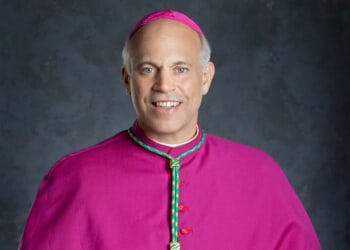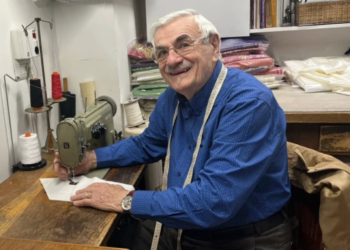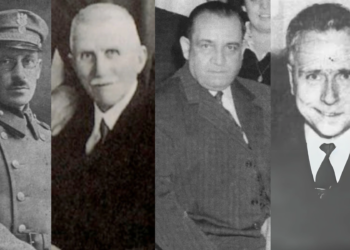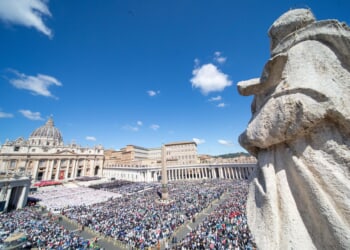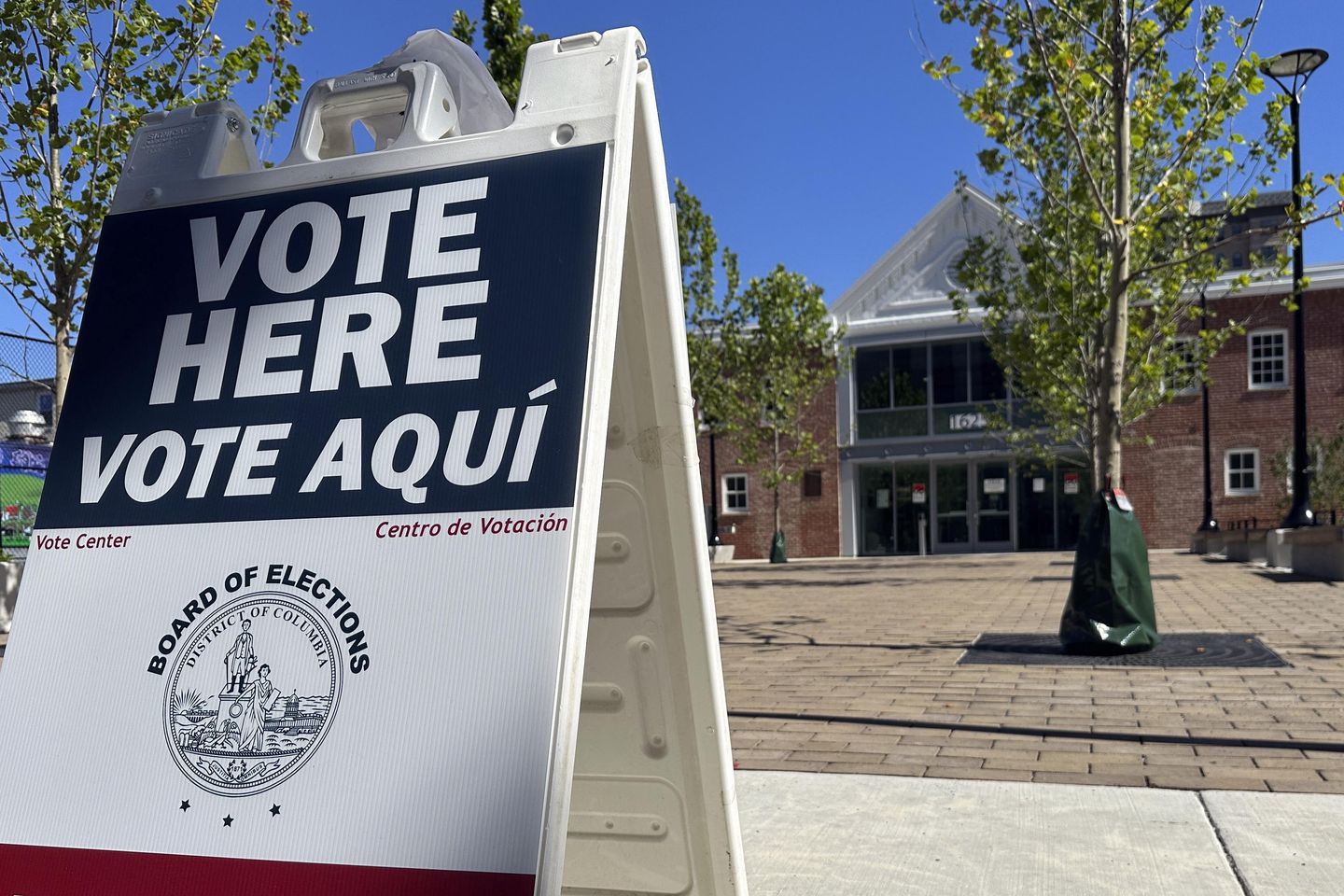
A federal appeals court revived a challenge to Washington’s law that lets noncitizens cast ballots, saying a lower court was too hasty in dismissing the case.
The U.S. Circuit Court of Appeals for the District of Columbia said residents do in fact have standing to sue because the power of their votes could be diluted.
The ruling does not invalidate the law but will force a district judge to deal with the substance of the case.
“Here, the injury the plaintiffs assert relates to their specific votes in elections in which they intend to participate. That injury is enough to confer standing,” wrote Judge Raymond Randolph, a George H.W. Bush appointee to the court.
The ruling was unanimous.
A district judge had ruled that the link between noncitizen voting and the plaintiffs’ votes being diluted was too tenuous to sustain a lawsuit. The judge said the key test was whether the plaintiffs’ votes would be treated differently than the noncitizens’ votes — and on that count, the challengers failed.
The appeals court, though, said vote dilution is a valid reason for a challenge.
And the court said the plaintiffs in this case make a plausible argument that their votes are diluted, which earns them a chance to be heard on their legal challenge.
“The claimed injury is hardly abstract,” Judge Randolph wrote.
Washington’s law allows noncitizens who have been in the city for at least 30 days to cast ballots in local elections.
They include illegal immigrants and foreign diplomats, though they must renounce their ability to vote elsewhere in order to register in the city.
It’s still against federal law for noncitizens to vote in national elections.
The House last week voted to overturn the city’s law, with a sizable portion of Democrats joining Republicans in that action. The legislation awaits a Senate vote.
As of last week, the city had 980 noncitizens registered to vote.
The Board of Elections tallied 480 noncitizen ballots cast in November. That works out to about 1% of the city’s estimated noncitizen population that voted.
The Immigration Reform Law Institute, which argued the case on behalf of the challengers, hailed the decision, saying it gives them a chance to prove the city’s law is unconstitutional.
“’We the People’ established the Constitution, which is the supreme law of the land,” said Dale L. Wilcox, IRLI’s executive director. “That means the people are sovereign, and laws like D.C.’s that diminish that sovereignty violate the Constitution.”


![Pentagon Begins Booting Trans Troops After Supreme Court Greenlights Ban [WATCH]](https://www.right2024.com/wp-content/uploads/2025/05/Pentagon-Begins-Booting-Trans-Troops-After-Supreme-Court-Greenlights-Ban-350x250.jpg)


![Trump Posts Hilarious Pope Meme, Leftists Immediately Melt Down [WATCH]](https://www.right2024.com/wp-content/uploads/2025/05/Trump-Posts-Hilarious-Pope-Meme-Leftists-Immediately-Melt-Down-WATCH-350x250.jpg)





![Soros Network, Others Behind LA Riots [WATCH]](https://www.right2024.com/wp-content/uploads/2025/06/Soros-Network-Others-Behind-LA-Riots-WATCH-350x250.jpg)
